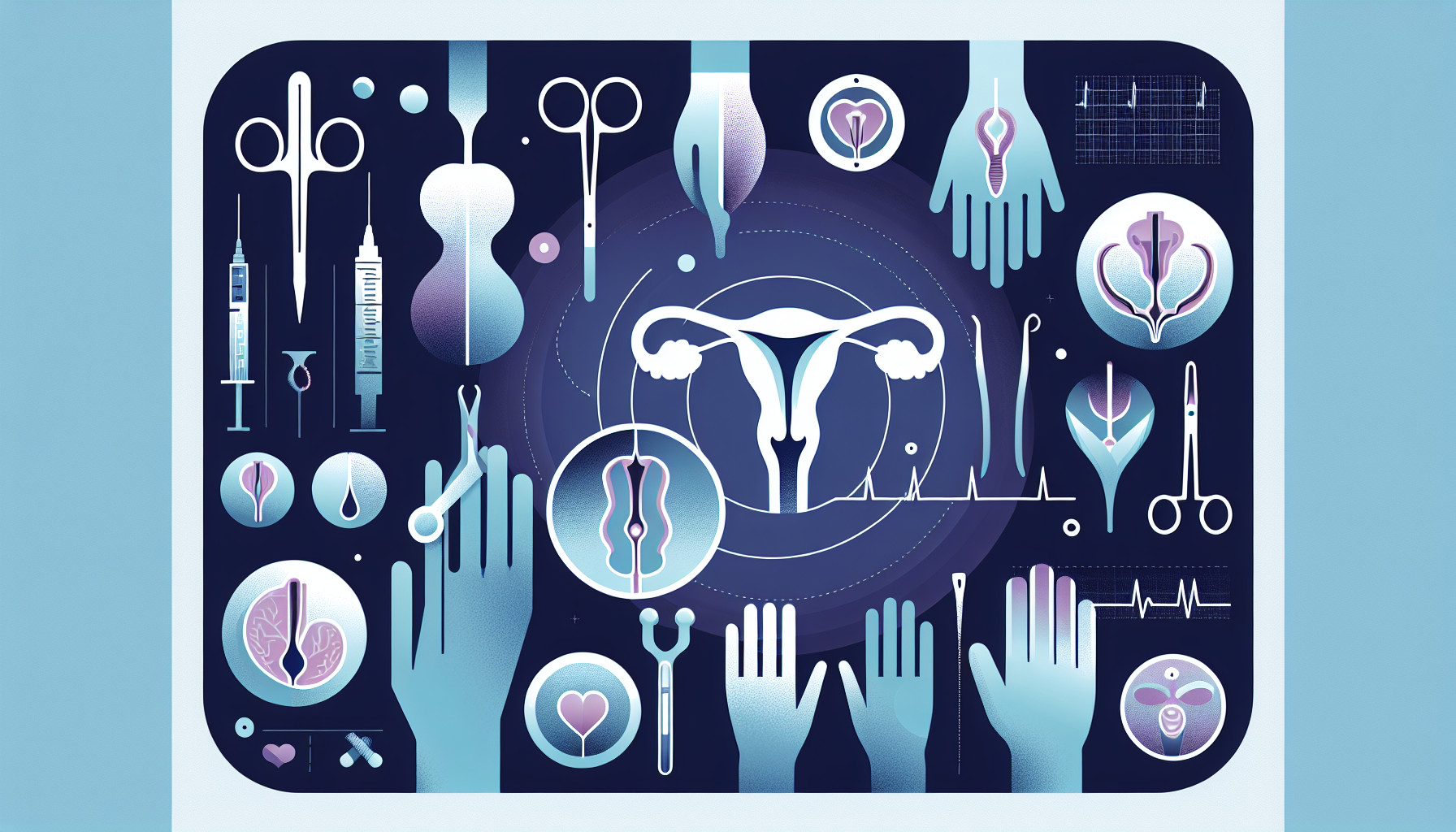Our Summary
This study looked at the impact of body weight, measured by Body Mass Index (BMI), on the results of a specific type of surgery (gender-affirming vaginoplasty) performed on transgender patients. They looked at all the cases in their clinic from 2018 to 2022, and divided the patients into two groups: those who were considered obese (BMI of 30 or above) and those who were not. They checked for any surgical complications and asked patients about their experiences after the surgery, such as sensation, sexual function, and satisfaction with the appearance. The study found that there was no significant difference between the two groups in terms of complications or patient satisfaction. Therefore, the researchers concluded that being obese should not be a reason to deny someone this type of surgery.
FAQs
- Did the study find any significant difference in surgical complications between obese and non-obese patients undergoing gender-affirming vaginoplasty?
- Did patient satisfaction differ between obese and non-obese patients after the gender-affirming vaginoplasty?
- What was the study’s conclusion about the impact of obesity on the results of gender-affirming vaginoplasty?
Doctor’s Tip
A helpful tip a doctor might tell a patient about vaginoplasty is to maintain a healthy weight both before and after the surgery. This can help reduce the risk of complications during and after the procedure, as well as improve overall outcomes and satisfaction with the results. Additionally, following a healthy diet and exercise regimen can promote faster healing and recovery. It is important to consult with your healthcare provider for personalized recommendations and guidance on weight management before undergoing vaginoplasty.
Suitable For
Patients who are transgender and seeking gender-affirming vaginoplasty are typically recommended for this surgery. The decision to undergo vaginoplasty is a highly personal one and is made in consultation with a healthcare provider who specializes in transgender care.
In this particular study, the researchers focused on the impact of obesity on the outcomes of vaginoplasty. However, it is important to note that there are a variety of factors that may influence a patient’s candidacy for vaginoplasty, including overall health, mental health, hormone therapy, and readiness for surgery. Ultimately, the decision to undergo vaginoplasty should be made on a case-by-case basis, taking into consideration the individual patient’s needs and goals.
Timeline
- Before vaginoplasty:
- Patient consults with a gender-affirming surgeon to discuss their goals and expectations for surgery.
- Patient undergoes pre-operative evaluations, such as blood tests and physical exams, to ensure they are healthy enough for surgery.
- Patient may be required to stop certain medications or make lifestyle changes in preparation for surgery.
- Patient may attend counseling or support groups to discuss any emotional or psychological concerns related to the surgery.
- Patient schedules a date for surgery and makes arrangements for post-operative care.
- After vaginoplasty:
- Patient undergoes the surgical procedure, which typically involves creating a vagina using tissue from the penis or other parts of the body.
- Patient stays in the hospital for a few days to recover and receive post-operative care.
- Patient experiences pain, swelling, and discomfort in the surgical area, which can be managed with medication.
- Patient follows a strict post-operative care plan, including wound care, dilation exercises, and restrictions on physical activity.
- Patient attends follow-up appointments with the surgeon to monitor healing and address any concerns.
- Patient may experience changes in sensation, sexual function, and satisfaction with the appearance of their new genitalia over time.
- Patient continues to work with healthcare providers, therapists, and support groups to address any emotional or psychological issues that may arise post-operatively.
What to Ask Your Doctor
What are the potential risks and complications associated with vaginoplasty surgery?
How long is the recovery period after vaginoplasty surgery?
What type of anesthesia will be used during the surgery?
What can I expect in terms of sensation and sexual function after the surgery?
Will I be able to have children after vaginoplasty surgery?
What are the potential long-term effects of vaginoplasty surgery?
How many vaginoplasty surgeries have you performed, and what is your success rate?
Will I need to follow any specific post-operative care instructions?
How will my hormone therapy regimen be affected by vaginoplasty surgery?
Are there any alternative treatments or procedures that may be more suitable for my specific needs and goals?
Reference
Authors: Acar O, Alcantar J, Millman A, Naha U, Cedeno JD, Morgantini L, Kocjancic E. Journal: Neurourol Urodyn. 2023 Jun;42(5):939-946. doi: 10.1002/nau.25077. Epub 2022 Dec 7. PMID: 36465025
